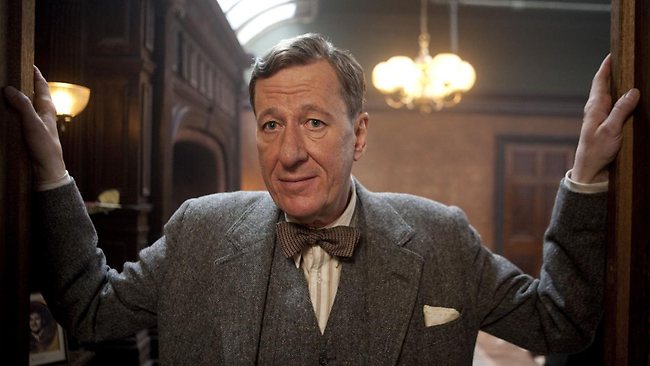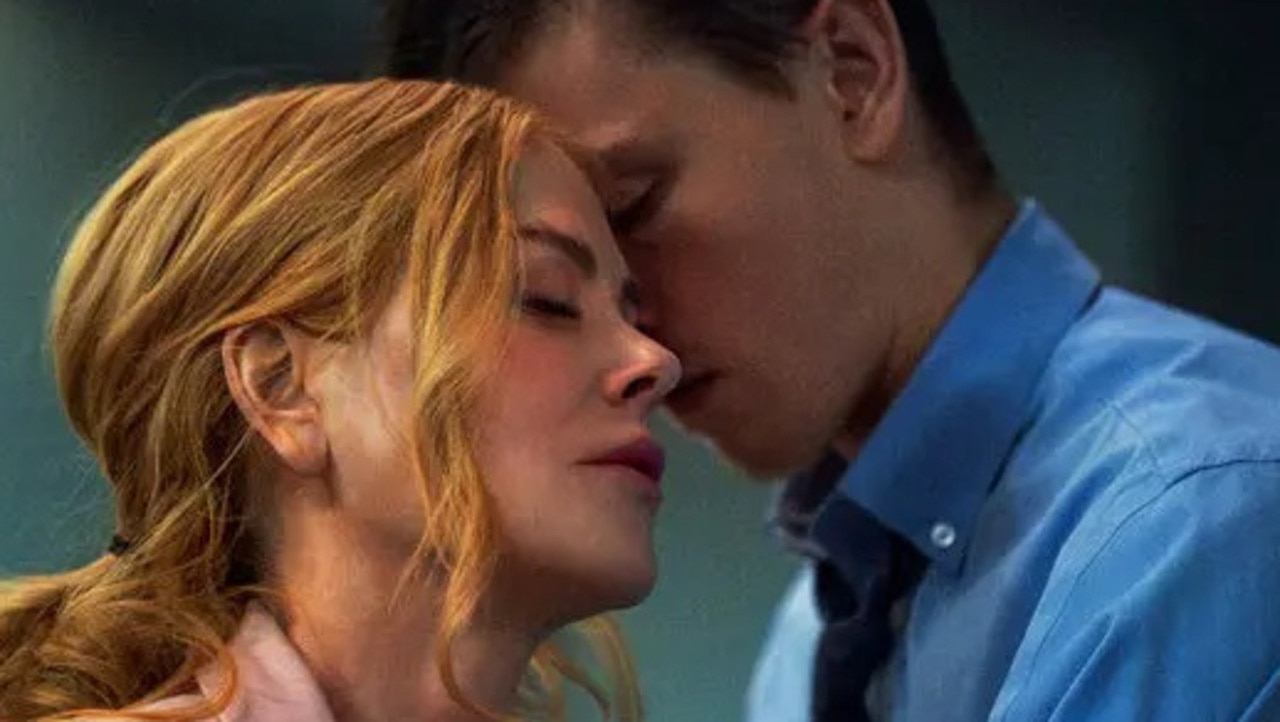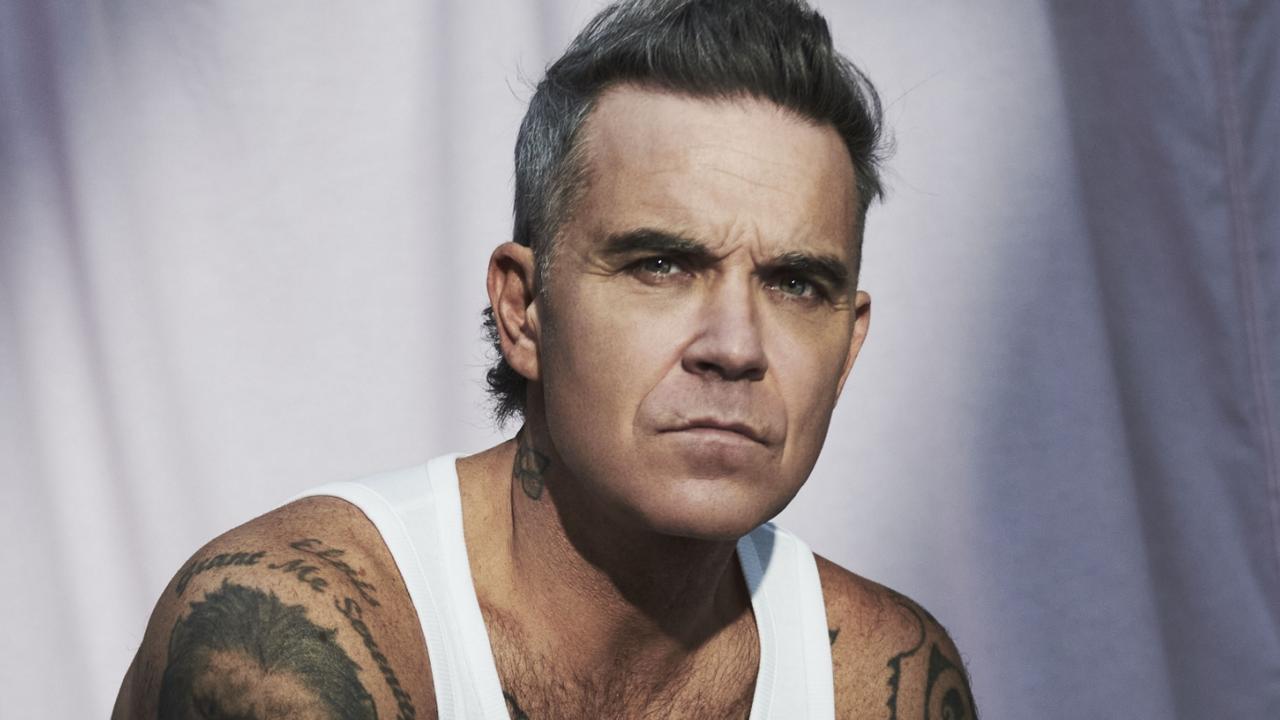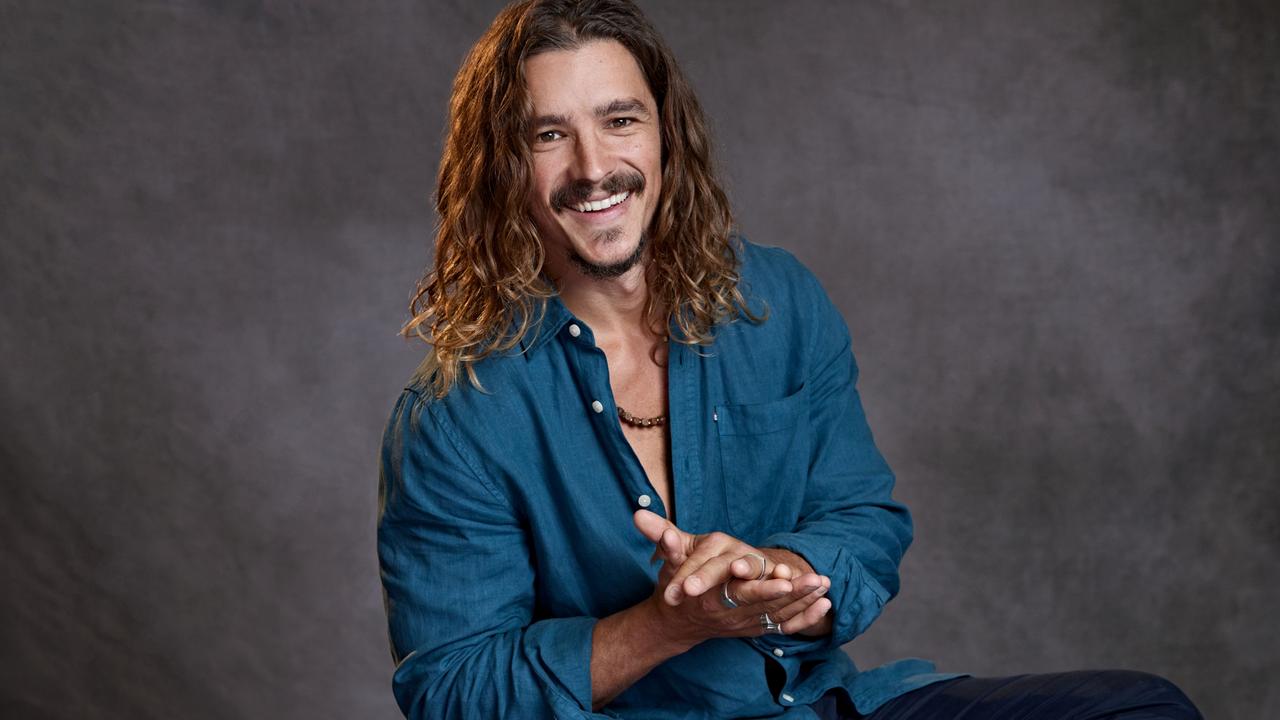Film review: The King's Speech
A SUPERIOR historical drama and a sincerely inspiring movie experience, The King's Speech tells the little-known story of how a reluctant British monarch overcame a debilitating stammer with the aid of an unconventional therapist from Australia.

A SUPERIOR historical drama and a sincerely inspiring movie experience, The King's Speech tells the little-known story of how a reluctant British monarch overcame a debilitating stammer with the aid of an unconventional therapist from Australia.
This UK-Australia production is blessed with two performances of the highest class.
Colin Firth is sure to go very close to winning the next Best Actor Oscar for his powerhouse portrayal of King George VI, a complicated man forced to take the throne under extraordinary circumstances.
Geoffrey Rush looks a certain fave for Best Supporting Actor honours for his brilliant work as Lionel Logue, a cagey, self-taught speech therapist who gets his patient talking at a time his people really need to hear from him.
The story kicks off in the mid-1920s, where the future king is still known as Prince Albert, and is widely expected to remain permanently second-in-line to the throne. Albert is asked to deliver the opening address for the British Empire Exhibition. Before a crowd of thousands and a radio listening audience of millions, the royal tongue seizes up in the most painfully embarrassing manner imaginable.
Though not the first time this has happened, Albert's all-too-public humiliation is of grave concern to his father, King George V (Michael Gambon).
The elderly monarch believes that Albert would make a far better successor to the throne than his older, weak-willed brother David (Guy Pearce). However, the advent of radio and a need to forge a more direct relationship with the public demands a ruler who can communicate with his subjects.
Albert's wife Elizabeth (Helena Bonham Carter) is all too aware of her husband's quandary, and almost as a last resort, drags him along to the low-rent "clinic" of Lionel Logue for treatment.
The prince is not impressed by Lionel's informal work practices - the commoner insists on calling the nobleman by his private nickname of Bertie - and the arrangement soon falls apart.
However, by the time David ascends to the throne as the ill-fated Edward VIII, Albert comes to realise that Lionel is his only chance of overcoming his lifelong affliction.
The magnitude of Logue's already-difficult task increases dramatically when David is forced to abdicate, leaving Albert with no choice but to take his place as King George VI.
While The King's Speech constitutes undeniably compelling entertainment up to this point, the film takes everything to another level with its unforgettable closing act.
Tremendously controlled writing and direction work as one to summon a truly moving, heart-stopping climax. King George VI must deliver his famous September 1939 radio address to the British Empire, denouncing the rise of Nazism and calling for unprecedented resolve as a second world war looms.
Firth and Rush are magnificent in this virtuoso sequence, where Lionel must coach his patient through a verbal obstacle course he has been dreading his entire life.
One stumble along the way, and this fragile man - together with the fragile state of his empire - could well fall apart.
------------------
****1/2
The King's Speech (M)
Director: Tom Hooper (The Damned United)
Starring: Colin Firth, Geoffrey Rush, Helena Bonham Carter, Guy Pearce, Michael Gambon.
At his majesty's lip service
VISIT kingspeech.com



